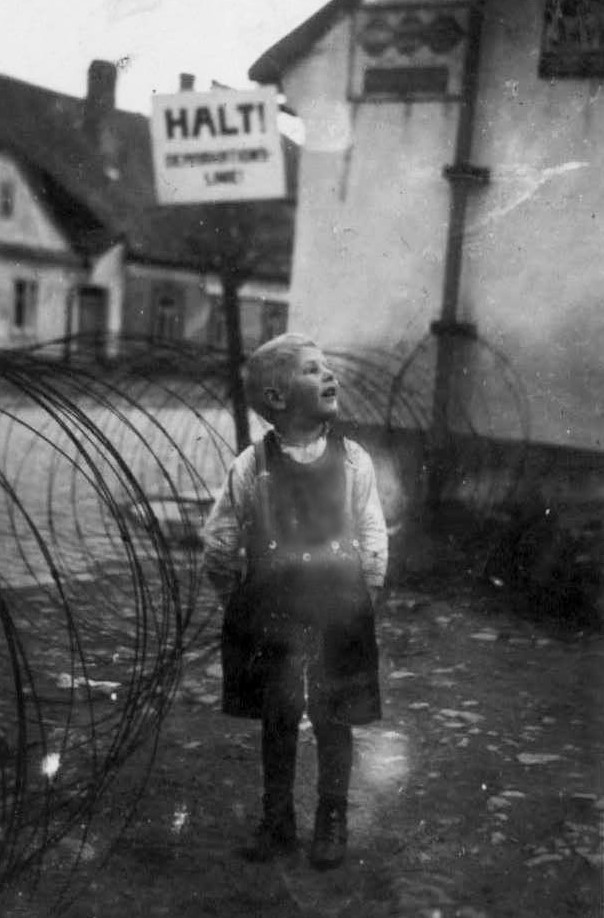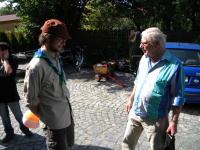Became a Scout even before the regime allowed it

Download image
Adolf Klein was born March 2, 1934 in Polička in a farm-owning family. He learnt about the Boy Scouts from magazines, which he and his friends read during the war. Immediately after the restoration of Scouting in 1945 he became a Cub Scout. He did not take part in summer camps because of the summer work in the fields, but he began participating when he became a Scout official. He was still active in Scouting after the Velvet Revolution. For forty years he worked as a teacher at the trade academy; at present he is retired.
